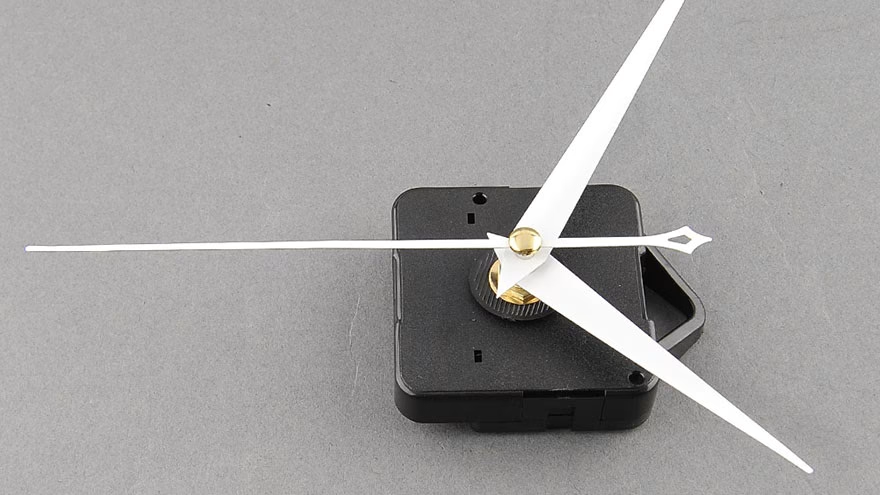
How to Replace Clock Hands
The hands of clocks turn in a circle thanks to the clock mechanism, whether battery operated or spring driven on clocks that need winding. Clock...

The hands of clocks turn in a circle thanks to the clock mechanism, whether battery operated or spring driven on clocks that need winding. Clock...
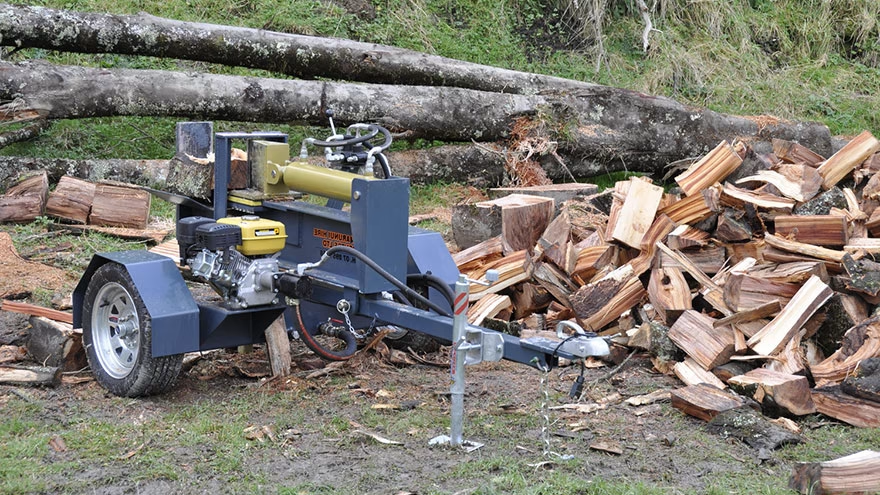
A wood splitter is a hydraulic-powered machine that uses a linear movement produced by a hydraulic cylinder to press wood against a blade, called the...
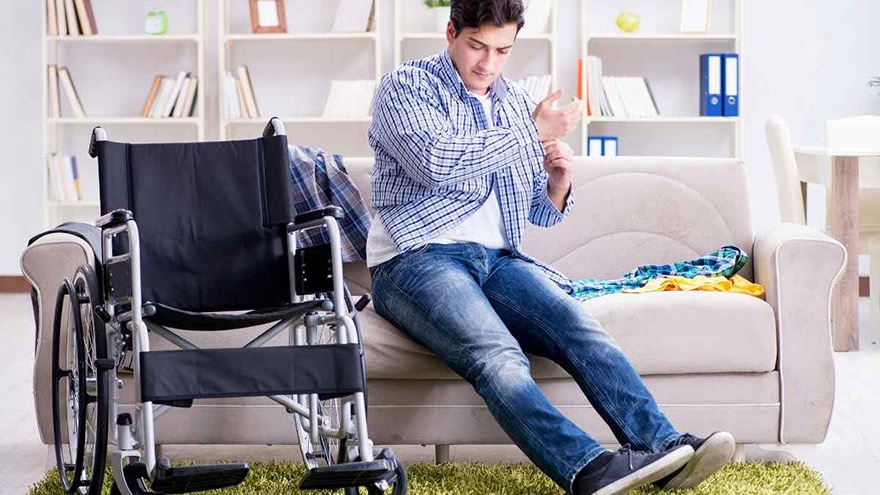
If you or your child is disabled, you may have wondered about adaptive furniture for the disabled. In the last few decades, many advances have been...
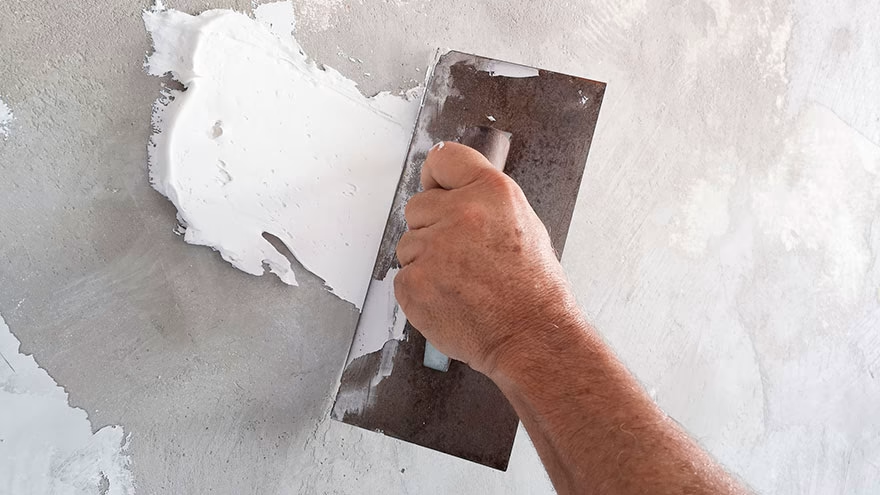
The walls in many older homes are made of plaster. If you own or live in a home with walls made of plaster, you can spruce up the walls by applying...
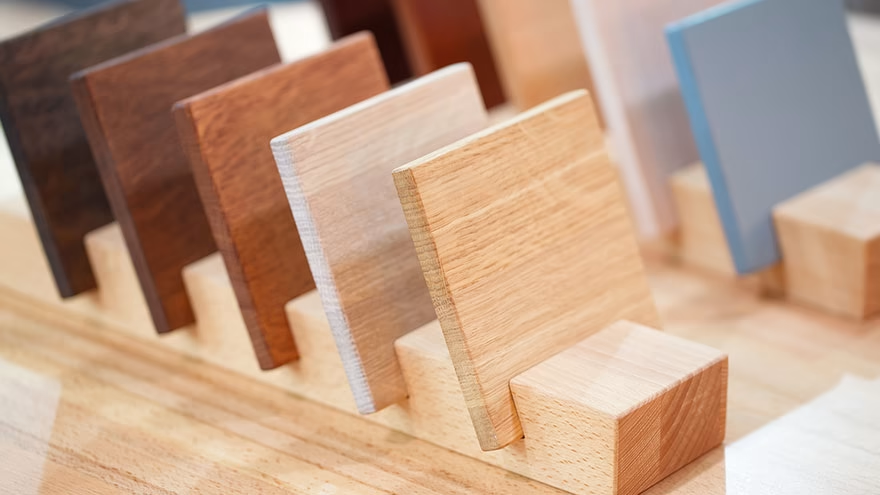
Wood is a stiff, strong material that many builders enjoy working with. In addition, it is a natural resource that, unlike many natural resources, is...
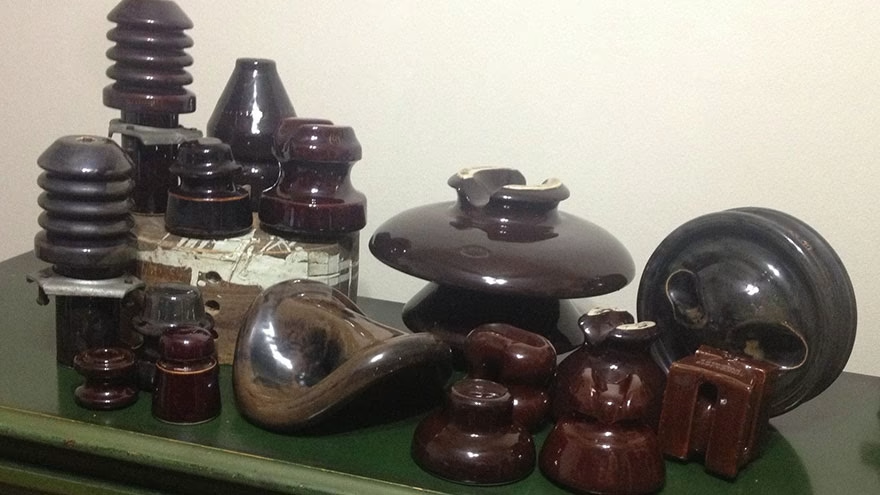
The use of porcelain insulators in home electrical wiring systems was a common practice from the late 1800s up until the 1950s. Homes equipped with...
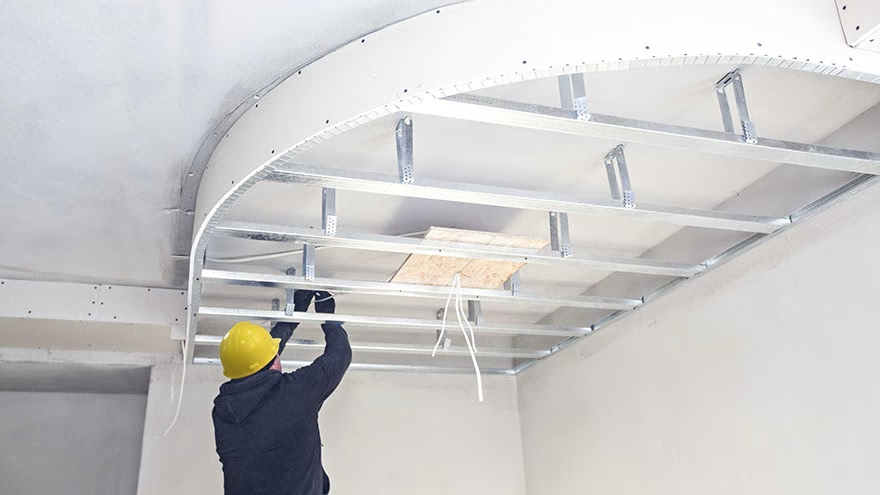
Homeowners may occasionally need to repair or replace drywall on the interior walls of their homes. Drywall is made from gypsum that's pressed...
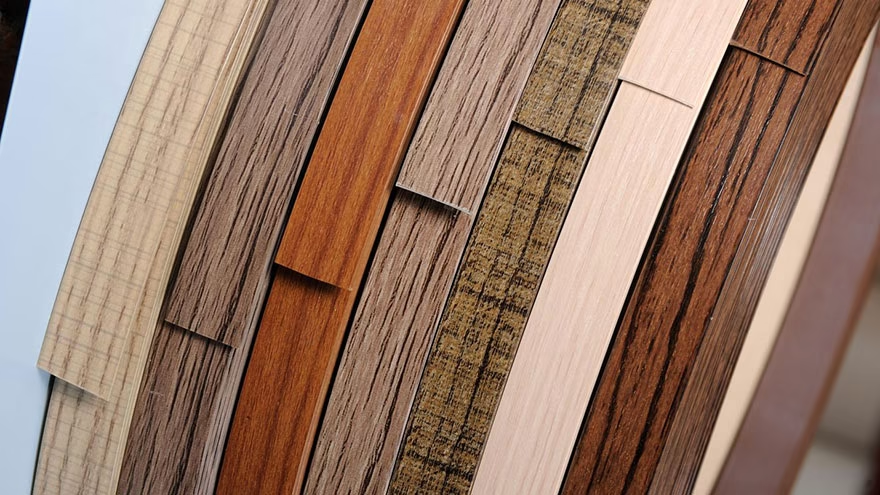
Wood edge bands are thin strips of wood or synthetic veneer that are applied to the unfinished ends of plywood and other products to give the look of...
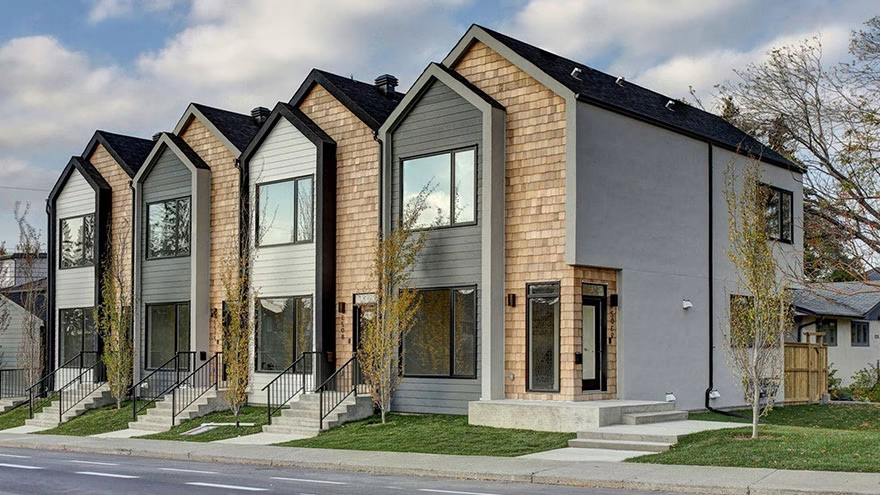
A townhome offers an option between a single-family dwelling and an apartment. It can appeal to singles, retirees or married couples without...
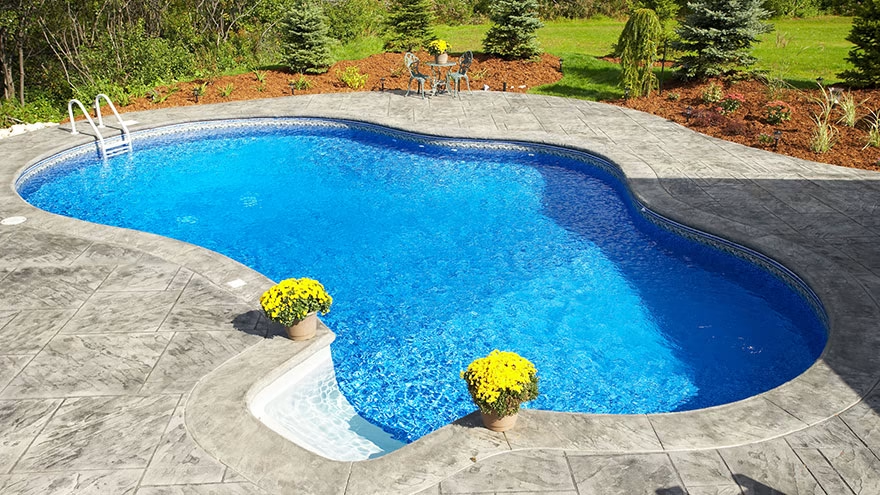
You can use four types of chlorine in a swimming pool. Each one has a pH value, available chlorine level and stability rating. Each of the types of...
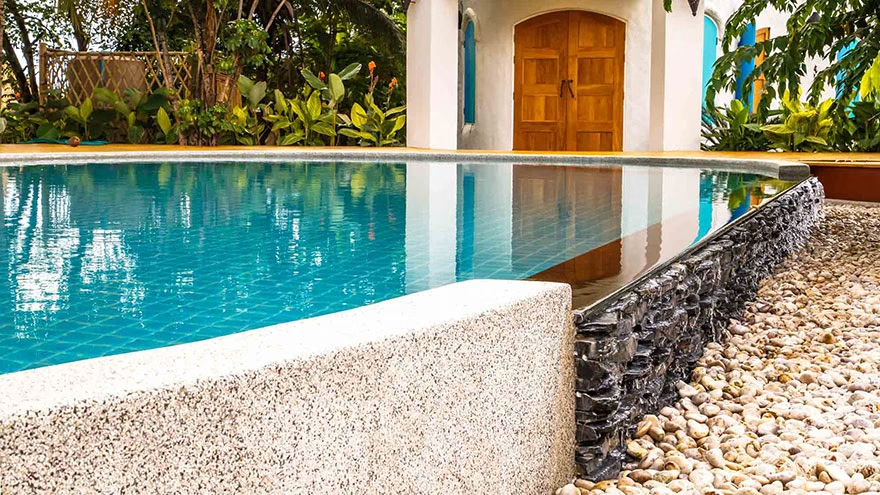
If you have a swimming pool at home you must keep it chlorinated for sanitation, as this prevents the growth of bacteria. However, it is possible to...
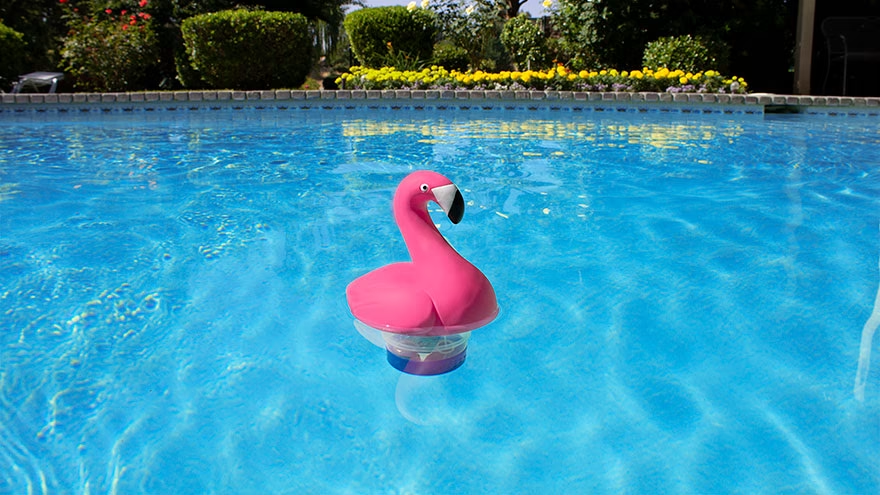
Having a swimming pool is a great way to stay cool in the summer, but there's some work that goes into making sure that pool is a safe place....
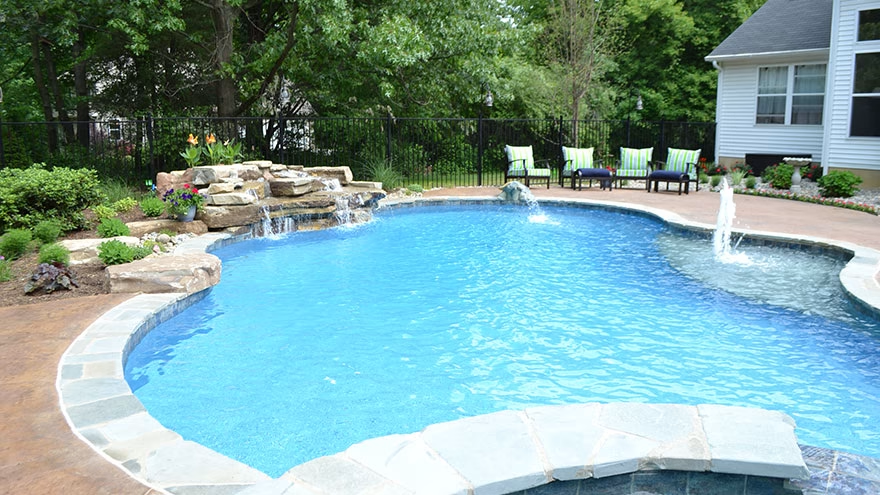
Chlorine is most commonly used in swimming pools and is measured in different forms. Some types of chlorine values that are often measured are...
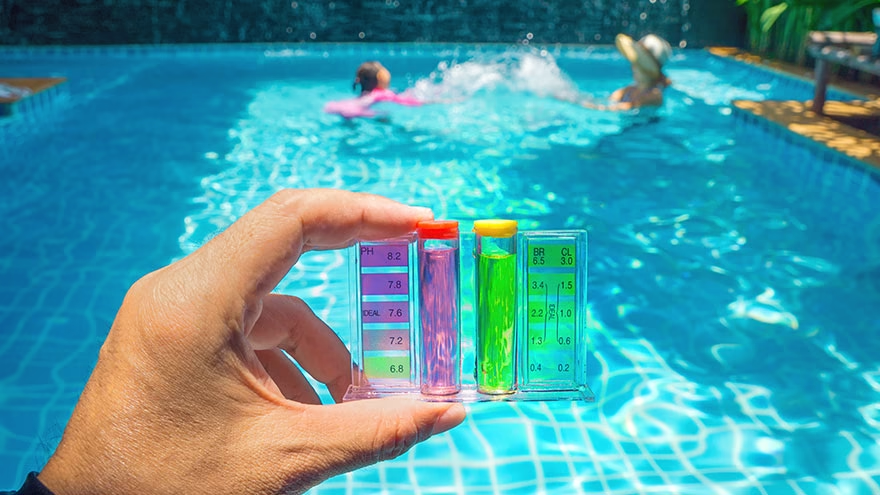
Swimming pool owners that choose to use chlorine as their pool water disinfectant should always treat it with respect. Chlorine is classified as a...
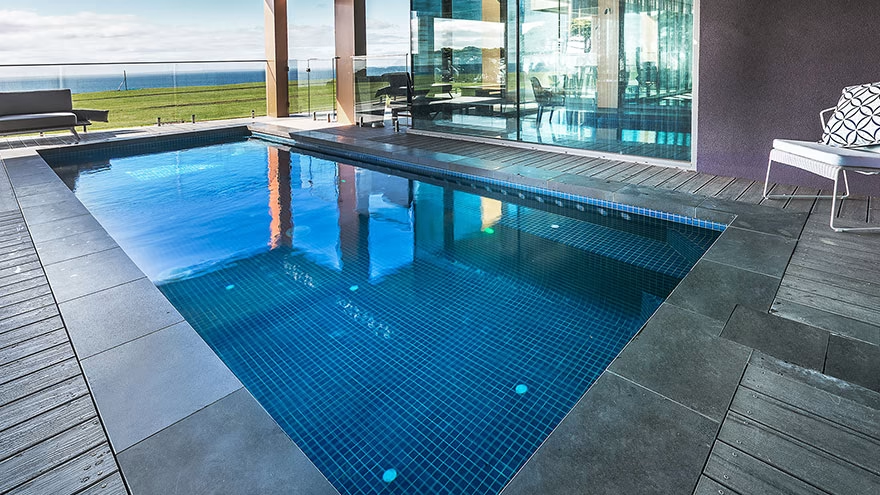
Swimming pools offer a respite from summer heat as well as an effective way to exercise. Whether heated or unheated, many pools use chlorine to...